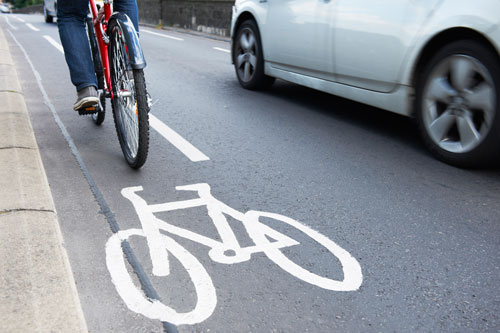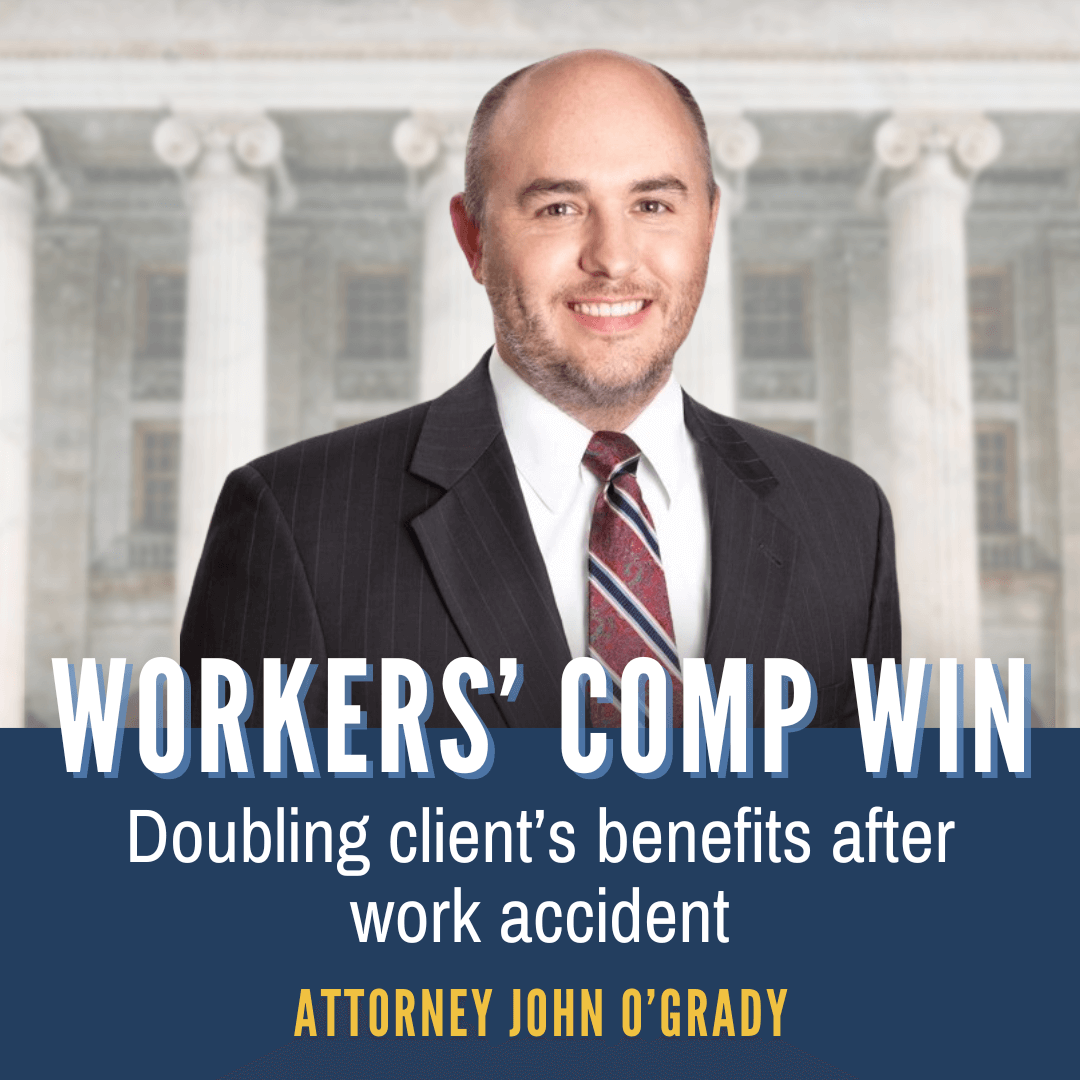Many Colorado cities are making significant strides toward becoming more “bike-friendly.” Denver, for example, has added 31 miles of protected lanes (lanes that feature a physical barrier between bicycles and adjoining car lanes) since 2018. But as bike use increases, so does the frequency of bike-car collisions — and bicyclists are far more likely to suffer serious injuries in such encounters than motorists. Here are some of the most common questions we receive about bike-car crashes and bike safety on the roads.
What rights do bicyclists have when riding in city traffic?
Generally speaking, bicyclists have the same rights and duties as drivers of other vehicles on the road. But they are also considered “vulnerable road users,” and other drivers who fail to exercise due care around bikes (or pedestrians or electric scooters) can incur stiff penalties for any injuries they cause. In the absence of a dedicated bike lane, bikes are expected to use the right-hand lane if moving slower than prevailing traffic but are not expected to ride through hazards or without a reasonable safety margin; auto drivers are required to provide at least a three-foot margin of safety when overtaking them.
Is a bicyclist required to wear a helmet?
In Colorado, adult cyclists are encouraged but not required to wear a helmet.
What is the Colorado Safety Stop?
Effective April 2022, Colorado now allows cyclists to perform a “Safety Stop” at intersections. Bikes and other “low speed conveyances” can ride slowly through stop signs without coming to a complete stop, as long as they yield when required to pedestrians and other road users who have the right of way. At red lights, bicyclists can proceed after coming to a stop, as long as there is no oncoming traffic.
What actions should I take after a bike accident?
Given the serious nature of many bike-car collisions, you should seek immediate medical attention. If you have a cell phone and are able, take pictures of your injuries, your bike, and the vehicle that hit you. File a police report, obtain contact information for the other driver and any witnesses, and avoid making any statements about who’s to blame for what happened.
What if the accident was caused by another party but they didn’t actually hit me? Do I still have a claim?
If another driver forced you out of your lane or was otherwise responsible or the crash, you may well have a claim against that party.
How should I deal with the insurance company after a bike accident?
You should report the crash to the insurance company, but it’s best to consult with an experienced bicycle accident attorney before speaking to an adjuster. Your attorney can communicate with the insurance company and make sure that your rights are protected and that your claim accurately reflects the extent of the injuries and losses that you have incurred.
Will my bike accident case go to trial?
The vast majority of personal injury cases, including car-bike collision cases, are settled out of court. But in cases involving disputes over liability or the extent of the injuries received, it may be necessary to put the matter before a jury to seek a just resolution of the case.
THE BIKE ACCIDENT LAWYERS AT FRANK AZAR
For more than thirty years the attorneys at Frank Azar Car & Truck Accident Lawyers have helped thousands of injured people obtain complete and timely compensation for their losses. Our proven track record and expertise have allowed us to grow into the largest personal-injury law firm in Colorado, with offices in Denver, Aurora, Thornton, Fort Collins, Greeley, Grand Junction, Colorado Springs, and Pueblo. If you’ve been injured in a bicycle, bus, car, truck, or motorcycle accident, you may be entitled to compensation. Please call the car accident attorneys at FD Azar day or night at 800-716-9032, or contact us here for a free consultation and no-obligation evaluation of your case.




